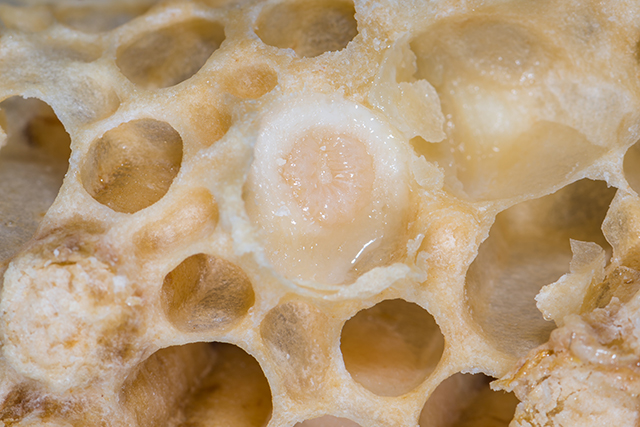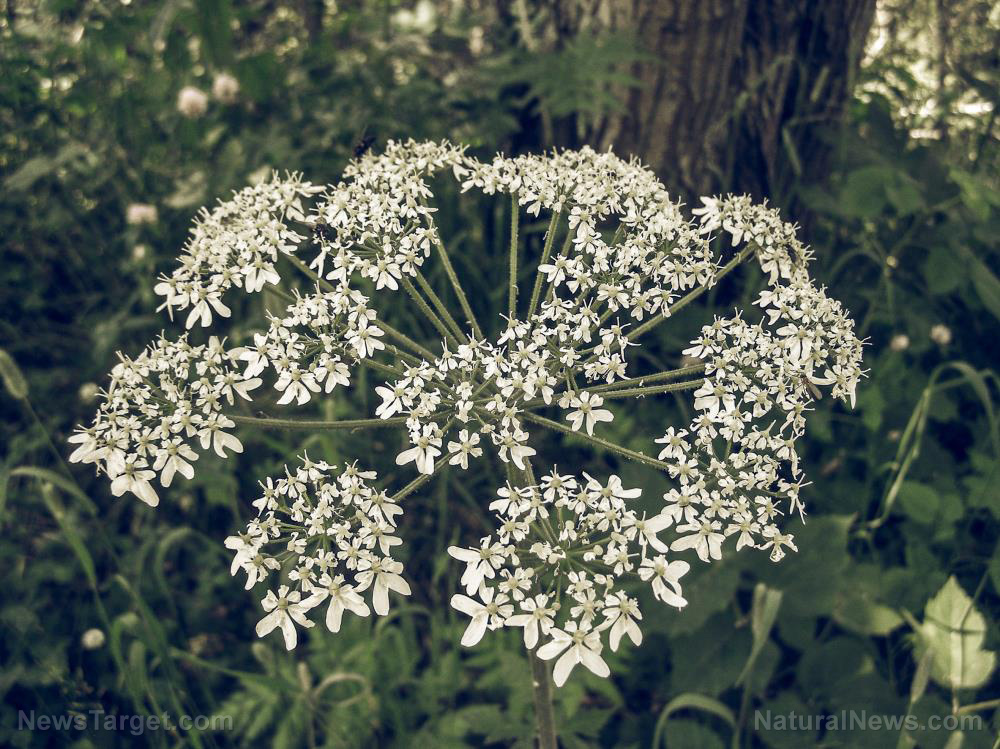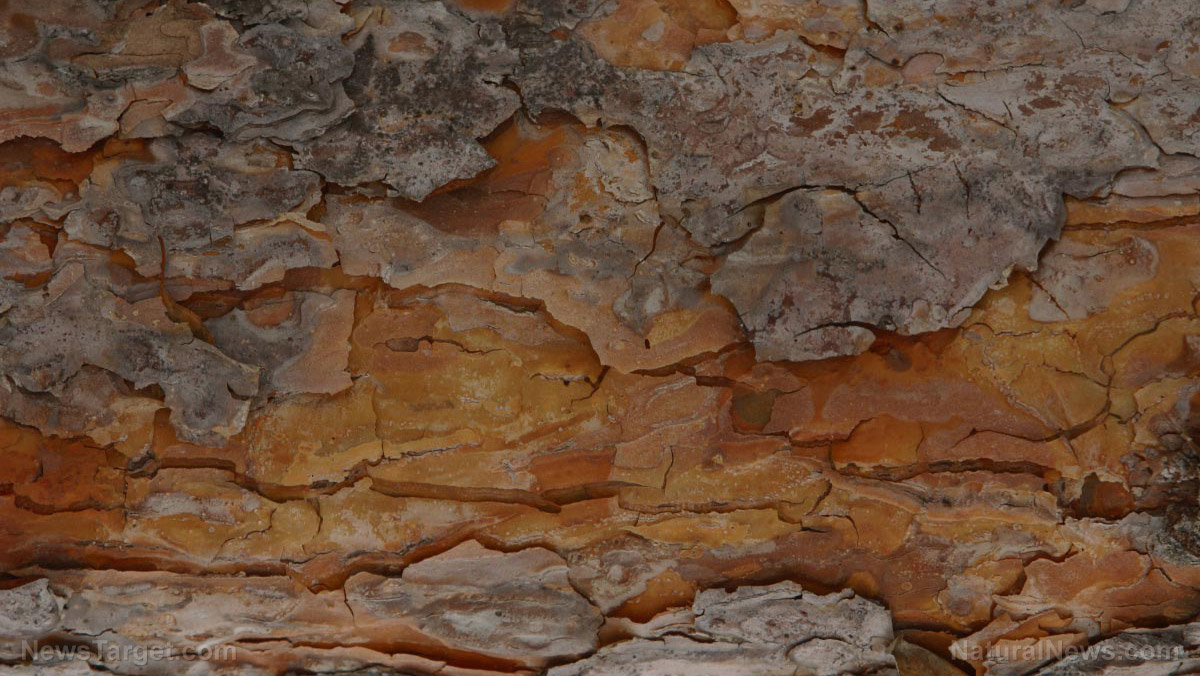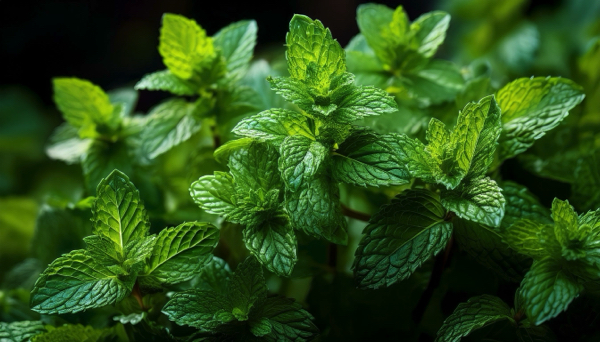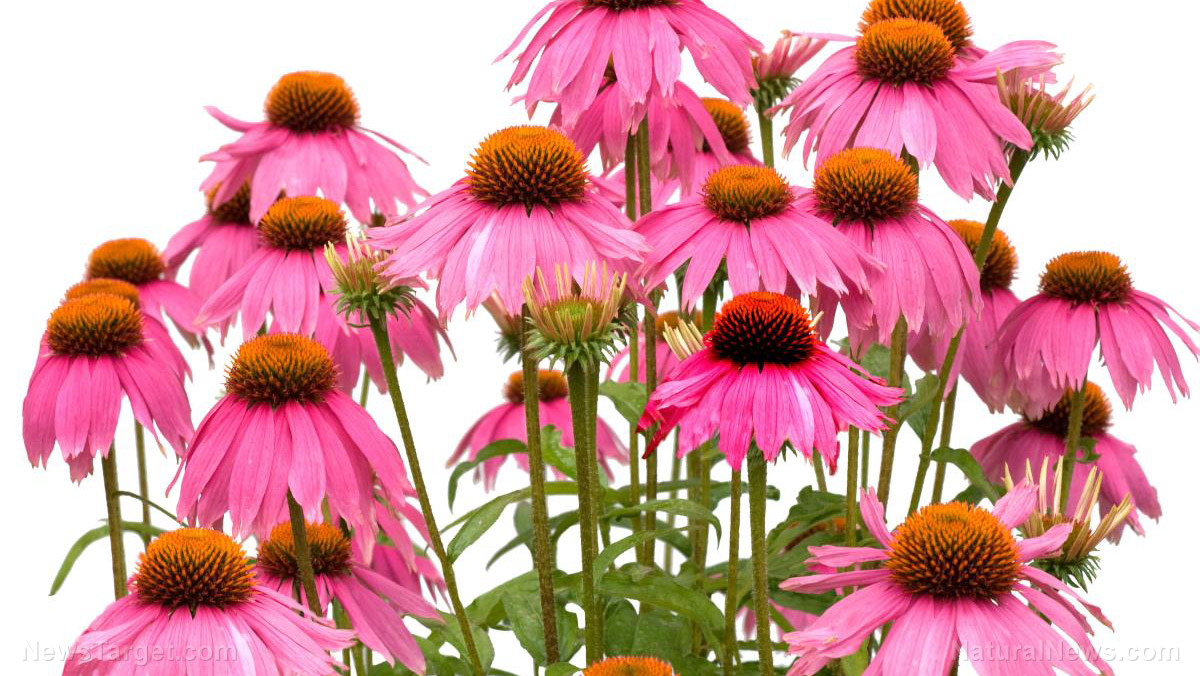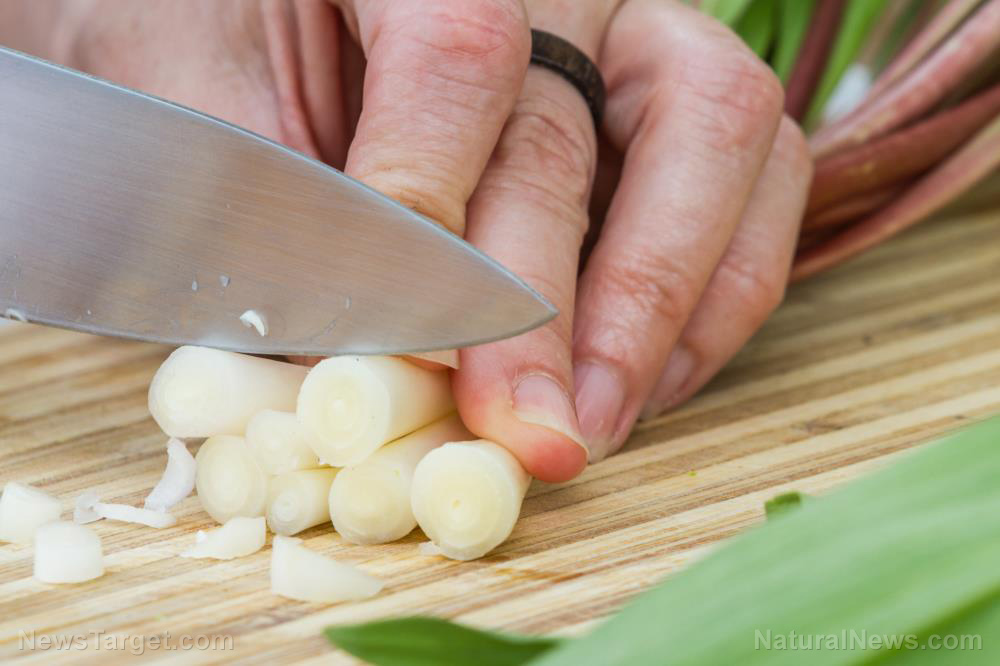Ground black seed may dissolve kidney stones
12/18/2024 / By News Editors
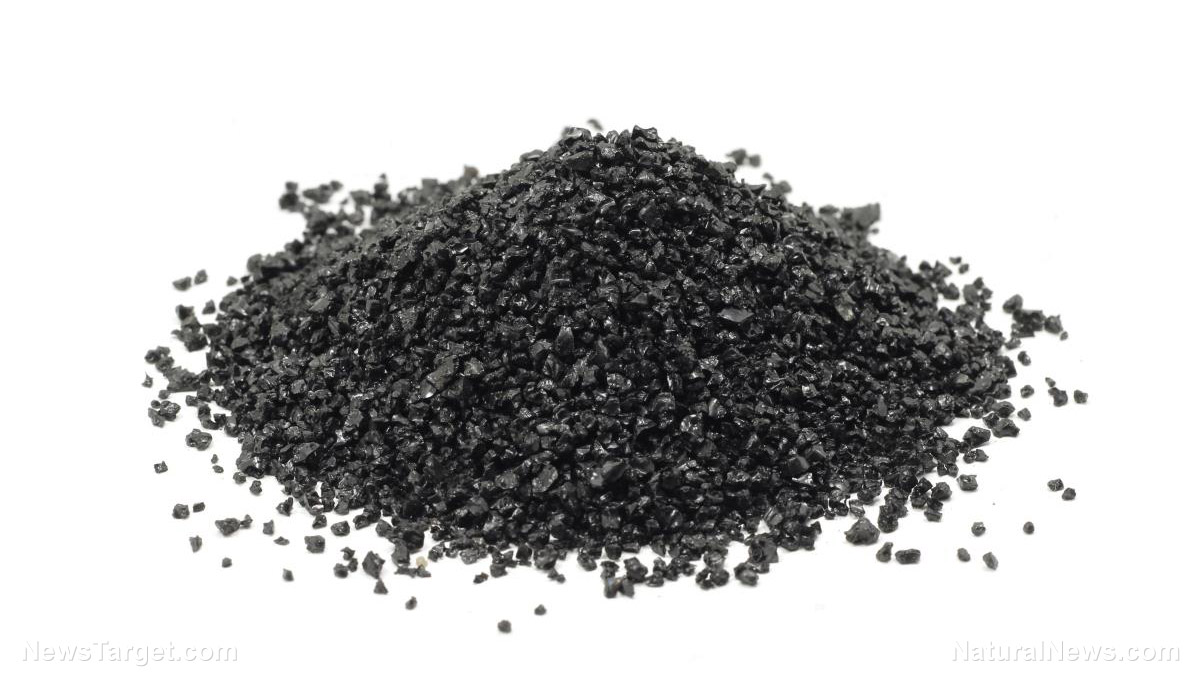
Nigella sativa, more commonly known as black seed, is a widely used therapeutic plant around the world, including in Ayurvedic medicine. A study on 60 patients with kidney stones offers evidence of its might and effectiveness in helping treat or reduce the size of painful kidney stones
(Article republished from GreenMedInfo.com)
Kidney stones affect some 10% of people in the Western world,[i] with annual U.S. health care costs linked to the condition exceeding $2 billion.[ii] Natural therapies for this common condition include black currant, cranberry and omega-3 fats, but one plant stands out for its stone-fighting potential: Nigella sativa (N. sativa) or black seed, whose seeds have a long history of use as food and medicine.
Hailing from the Ranunculacaeae family and native in areas such as Southern Europe and North Africa, N. sativa has a rich historical and religious background.[iii] Its seeds and their oil have been used far and wide for centuries in treating various ailments.
Among Muslims, for instance, N. sativa is considered a great miracle for healing that can remedy all diseases, thus finding a revered place in Tibb-e-Nabwi or Prophetic Medicine.
Black Seed’s Effectiveness Against Kidney Stones
A study published in the journal Phytotherapy Research sought to evaluate its effectiveness in dissolving kidney stones.[iv] In the randomized, double-blind, placebo-controlled clinical trial, 60 patients with kidney stones were given either placebo or treatment consisting of 500 milligrams (mg) of black seed capsules, twice a day for 10 weeks.
The recruits were aged 20 to 60 years and had kidney stones larger than 5 millimeters (mm). The team assessed the size of the patients’ kidney stones via sonography before and after the study period. They found that 44.4% in the black seed group excreted their stones completely, with the size of the stones in 3.7% remaining unchanged and decreasing in a notable 51.8%.
In the placebo group, on the other hand, only 15.3% excreted their stones completely, with 11.5% experiencing size reduction and 57.6% having no change in stone size.
Black seed was generally well-tolerated in the study group. It significantly increased serum calcium and proved more effective on smaller stones, particularly those under 7 mm in diameter.[v]
The researchers saw a significant difference in the size of the kidney stones between the two groups, concluding that black seed may be effective for reducing the size of kidney stones or even making them disappear entirely.
Salt and Solving the Kidney Stone Problem
In the quest for natural solutions to kidney stones, it’s not just black seed that‘s making a lasting mark. Lemonade therapy appears to be a sound option for patients with hypocitraturic nephrolithiasis (a type of kidney stone),[vi] while long-term supplementation with omega-3 fatty acids may benefit calcium oxalate stone formers.[vii]
Kidney stones affect 10% to 12% of the U.S. population, with a recurrence rate of 50% and a male-to-female ratio of 3 to 1.[viii] Some 60% of these stones are calcium oxalate, 20% are calcium phosphate and 9% to 10% are uric acid. Kidney stones elevate the risk of kidney failure and obstruction, and related conditions.
According to conventional wisdom, those who are at risk for or have had a kidney stone are better off cutting their salt intake. However, salt has also been known for decades to actually reduce the risk of kidney stones in animals, where salt intake will increase their water intake, which then dilutes the urine and slashes the risk of kidney stone precipitation.
The same thing takes place in humans: greater salt intake means greater fluid intake, which then leads to a more dilute urine and less risk for kidney stone formation.
Fruit and vegetable consumption may also affect your risk for kidney stones, as eating fresh produce can reduce acid in the urine, therefore lowering your risk of stone formation. Salt, coincidentally, may help you better load up on veggies. You can find even more natural therapies for kidney stones in the GreenMedInfo.com database.
Read more at: GreenMedInfo.com
Submit a correction >>
Tagged Under:
alternative medicine, black seed, food cures, food is medicine, food science, functional food, health science, herbal medicine, herbs, kidney health, kidney stones, natural cures, natural health, natural medicine, remedies, Xpost
This article may contain statements that reflect the opinion of the author
RECENT NEWS & ARTICLES
consumerwellness.info is a fact-based public education website published by consumerwellness.info
All content copyright © 2023 by consumerwellness.info
Contact Us with Tips or Corrections
All trademarks, registered trademarks and servicemarks mentioned on this site are the property of their respective owners.




